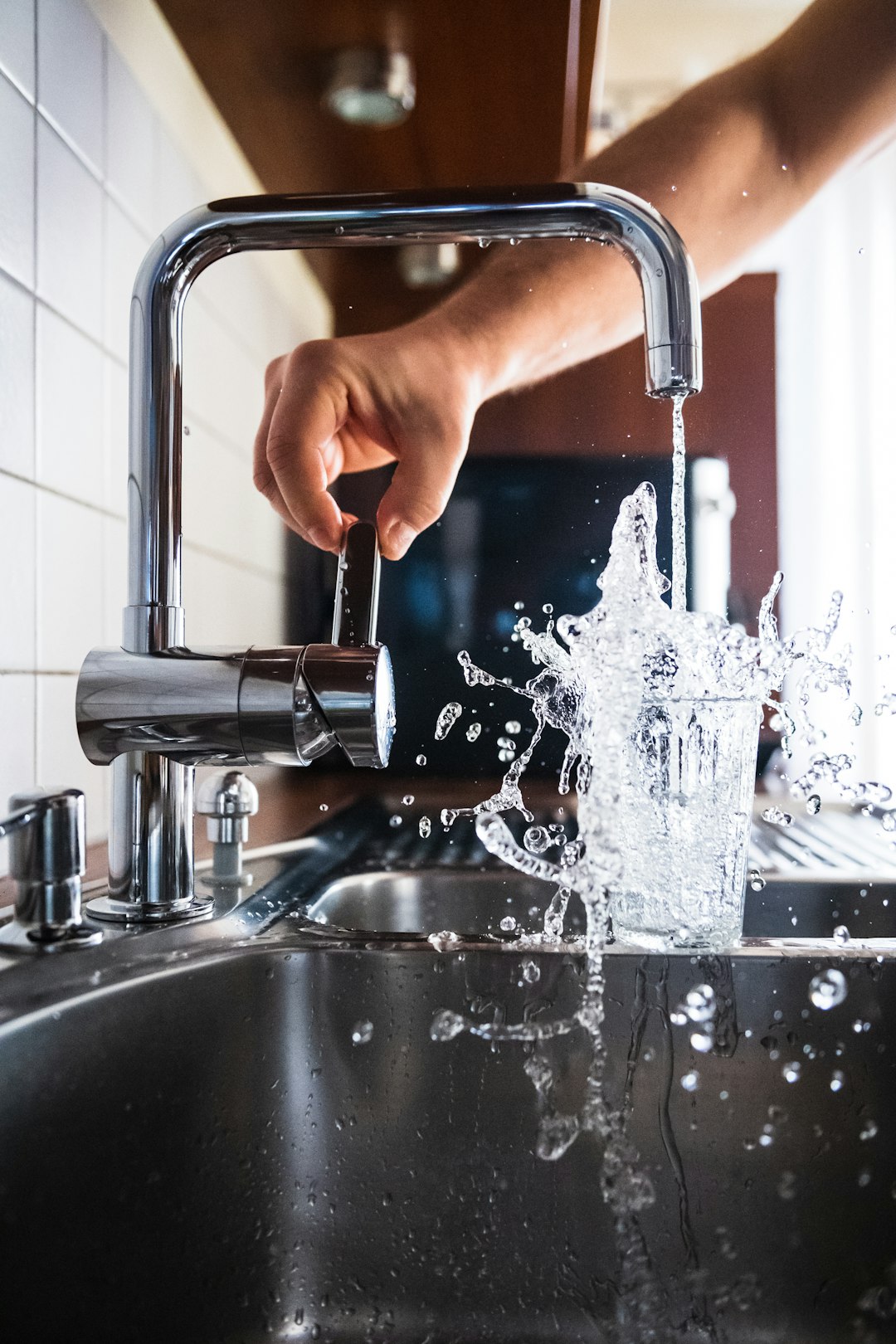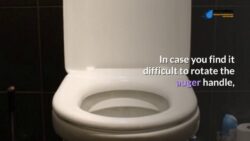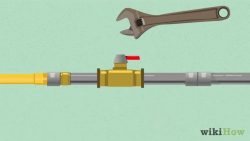How to Become a Plumber?
If you’re interested in a career in plumbing, then you’ll need to know how to become a plumber. This article will cover the topic of apprenticeship, and provide information on how to become a plumber.
We’ll cover the following topics:
- Apprenticeship
- Trainee
- Certified Journeyman
- Master Plumber
- Steps to take to become a plumber
- Where to get training to become a plumber
- What type of plumbing license do I need?
- What qualifications do I need to become a plumber?
- How long will it take me to become a qualified plumber?
Apprenticeship
An apprenticeship is the first step to becoming a qualified plumber. A trainee plumbing apprenticeship usually lasts for four years, during which time you’ll learn all the skills and knowledge required to be a certified journeyman plumber. Once you’ve completed your apprenticeship, you can then apply to become a master plumber.
There are several steps you’ll need to take in order to become a qualified plumber. Firstly, you’ll need to find an employer who is willing to take you on as an apprentice. Once you’ve found an employer, you’ll then need to complete an application form and undergo an interview process. Once you’ve been accepted as an apprentice, you’ll then need to complete your training.
Training to become a plumber can be completed at a trade school, community college, or technical institute. There are also many online courses available that can help you learn the necessary skills and knowledge required to become a qualified plumber. Once you’ve completed your training, you’ll then need to obtain a plumbing license.
There are two types of plumbing licenses available in most states: a journeyman license and a master license. To obtain a journeyman license, you’ll need to pass an exam which tes
ts your knowledge of the National Plumbing Code. To obtain a master’s license, you’ll need to have at least two years of experience working as a journeyman plumber, and you’ll also need to pass an exam that tests your knowledge of both the National Plumbing Code and the state plumbing code.
In order to become a qualified plumber, you’ll need to have both on-the-job training and classroom training. On-the-job training will give you the practical experience needed to become a qualified plumber, while classroom training will provide you with the theoretical knowledge needed to pass your exams and obtain your licenses.
The amount of time it takes to become a qualified plumber will vary depending on your previous experience and education. However, it typically takes between four and five years to complete an apprenticeship and obtain your journeyman license. Once you’ve obtained your master’s license, you can then start working as a fully qualified plumber.
Trainee
If you want to become a plumber, the first step is to find a trainee program. There are many different types of programs available, but most will require you to complete an apprenticeship. Once you have completed an apprenticeship, you will be able to take the state licensing exam.
Certified Journeyman
A certified journeyman plumber is someone who has completed an apprenticeship and has received a certificate from a trade organization or government agency that recognizes their training and experience. In order to become a certified journeyman plumber, you must first complete an approved four or five-year apprenticeship program. Once you have completed your apprenticeship, you can then take the journeyman plumber’s exam, which is administered by a trade organization or government agency. If you pass the exam, you will be issued a journeyman plumber’s license, which will allow you to work as a plumber in your state or jurisdiction.
Master Plumber
A Master Plumber is the highest level of certification for a plumber. To become a Master Plumber, you must have at least five years of experience as a journeyman plumber and pass a written exam. Once you become a Master Plumber, you can work independently or start your own plumbing business.
There are many benefits to becoming a Master Plumber. As a Master Plumber, you will have the ability to perform all types of plumbing work, including installation, repair, and maintenance. You will also be able to supervise other plumbers and train new plumbers. In addition, being a Master Plumber gives you the opportunity to earn more money than journeyman plumbers.
If you are interested in becoming a Master Plumber, there are several things you need to do. First, you need to find an apprenticeship program that will allow you to work under the supervision of a Master Plumber. Once you have completed your apprenticeship, you will need to take the written exam to become certified. After you have passed the exam, you will be able to apply for your Master Plumber license.
Steps to take to become a plumber
There is no one-size-fits-all answer when it comes to becoming a plumber. However, there are some key steps that everyone interested in this career should take. The first step is to research the requirements for plumbers in your area. Every state and municipality has different requirements, so it is important to know what is required of you before beginning your training. In general, plumbers must have a high school diploma or equivalent and complete an apprenticeship program.
Some states also require plumbers to pass a licensing exam. Once you have researched the requirements for becoming a plumber in your area, you can begin your training. Many community colleges offer certification programs that can be completed in a year or less. These programs will teach you the basics of plumbing, including how to install and repair pipes, fixtures, and appliances. If you want to complete an apprenticeship program, you will need to find a licensed plumber who is willing to take you on as an apprentice.
Apprenticeship programs typically last four years and include both on-the-job training and coursework. During your apprenticeship, you will learn more advanced plumbing techniques and gain hands-on experience working with clients. After completing your training, whether it be through a certification program or an apprenticeship, you will be ready to start your career as a plumber. You may want to consider working for a plumbing company or starting your own business.
Plumbers typically charge by the hour or by the project, so it is important to be familiar with pricing methods before starting your own business. Becoming a plumber takes time and effort, but it can be a rewarding career. By following these steps, you can ensure that you have the knowledge and skills necessary to succeed in this field.
Where to get training to become a plumber
There are numerous ways that one can get training to become a plumber:
- Many technical colleges offer certification or degree programs in plumbing.
- There are also many apprenticeship programs that are sponsored by local unions or businesses.
- In addition, many plumbers also get training on the job, working alongside experienced professionals.
The most important thing for someone who wants to become a plumber is to make sure that they have the proper training and education for the job. Plumbing is a skilled trade that requires knowledge of both theory and practical application. A certified or licensed plumber will have completed an accredited program that taught them the necessary skills for the job. In addition, they will also have passed a state-administered examination to ensure that they are knowledgeable about the latest codes and regulations.
Most states require plumbers to be licensed, and the requirements for licensure vary from state to state. In some states, a person must complete an apprenticeship program in order to be eligible for licensure, while in others, completion of an accredited plumbing program is sufficient. Once a person has met all of the requirements for licensure in their state, they will need to pass a final examination before they can officially become a licensed plumber.
What type of plumbing license do I need?
There are three different types of plumbing licenses that you can apply for in most states: a journeyman license, a master license, or a contractor license. Each license has different requirements, but generally speaking, the journeyman license is the entry-level license, and the contractor license is the highest level of certification. To become a licensed plumbing contractor, you will need to have a certain amount of experience working as a journeyman or master plumber, and you will also need to pass a business exam.

what qualifications do I need to become a plumber?
In order to become a plumber, you will need to have a high school diploma or equivalent. You will also need to complete an apprenticeship or training program that is approved by the state in which you wish to work. Once you have completed your training, you will need to pass a licensing exam in order to practice plumbing professionally.
How long will it take me to become a qualified plumber?
- The length of time it will take you to become a qualified plumber will depend on a number of factors, including your previous experience, qualifications, and training.
- If you have no previous experience in plumbing, you will need to complete an accredited plumbing course, which typically takes around two years.
- However, if you already have experience in the trade or are already qualified in another trade, you may be able to complete a shorter course or an apprenticeship.
- Once you have completed your training, you will need to pass a series of exams in order to become a certified plumber.





